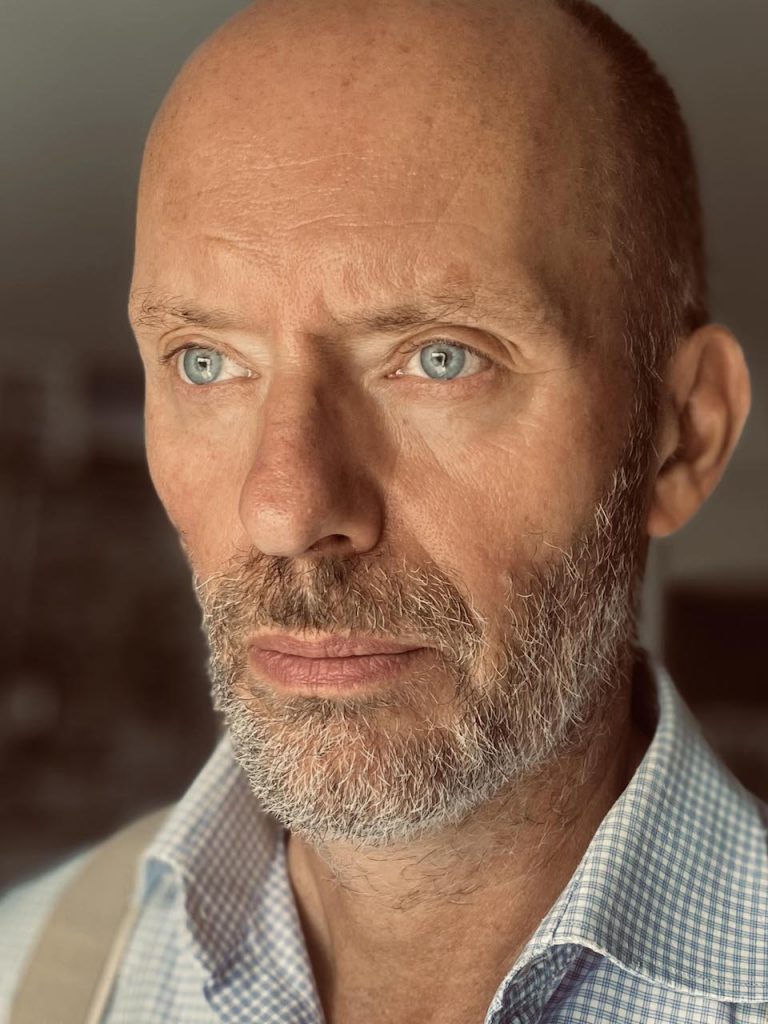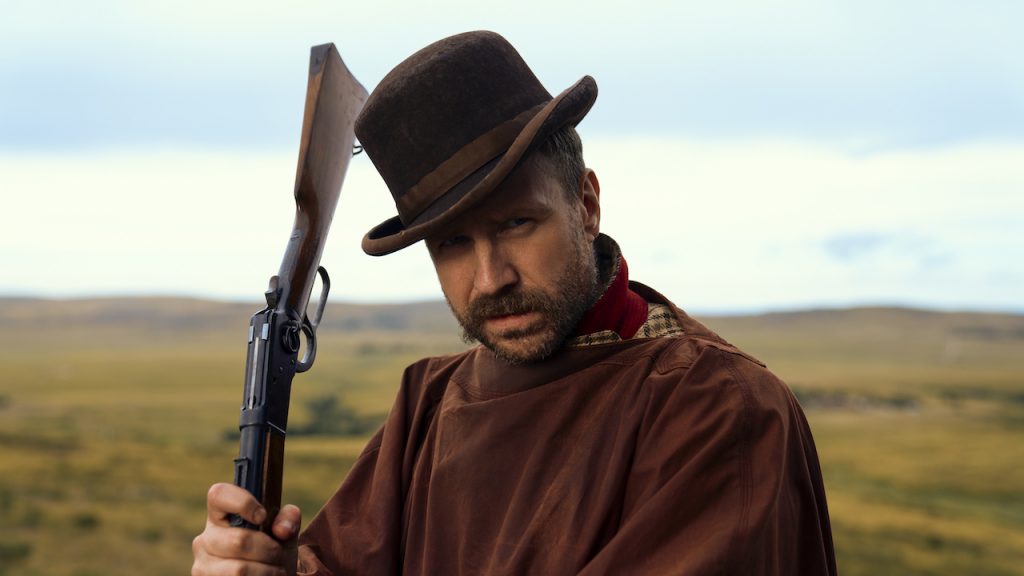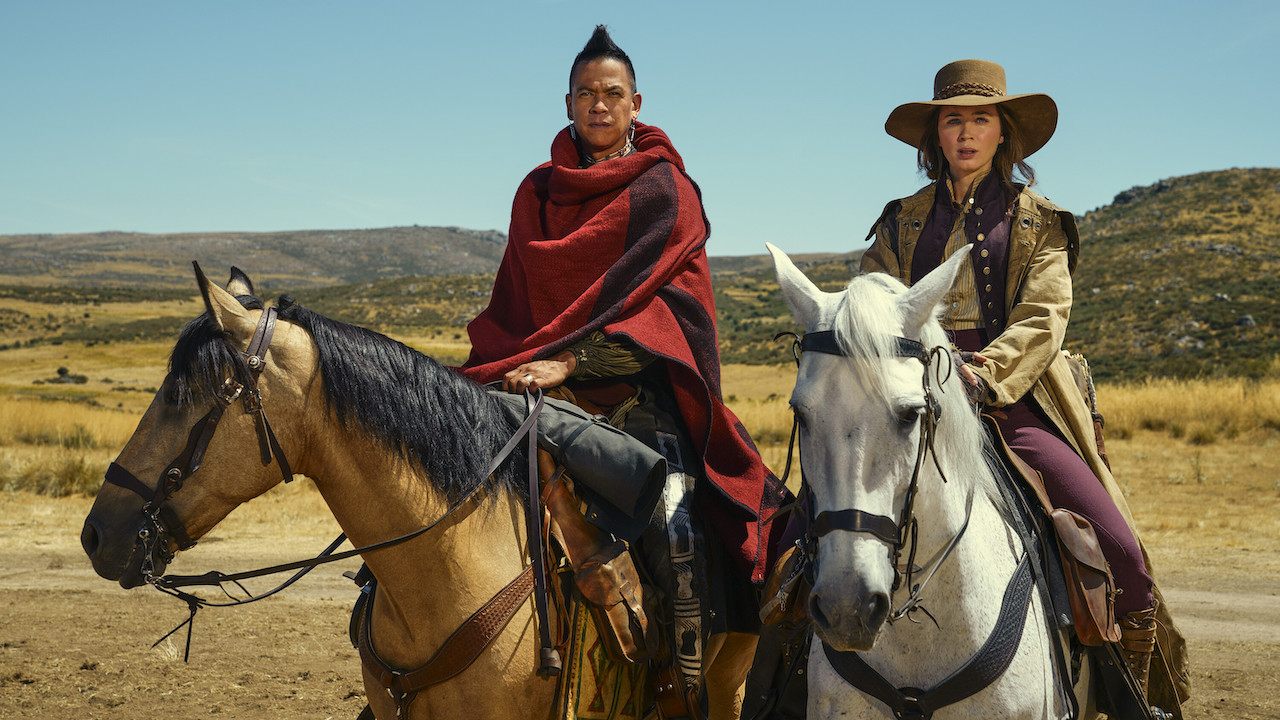Westerns usually have one of two themes – quest or revenge. Someone’s searching for a treasure or a person that can lead them to it, or hunting a scalawag who’s killed someone close to them. The protagonist isn’t usually just facing the elements and an enemy as obstacles, but also the shadow of a less than honorable past. Outlaws represent a freedom as wide as the vast plains of Montana, but also constriction as tight as shackles on a chain gang inmate. They’re like a feral horse – unpredictable, dangerous, and something to keep your distance from. Westerns foster the good guy vs. bad guy mythos, white hat vs. black hat. We can watch them involved in action and adventure and root for our favorite. Theirs is a journey we can enjoy vicariously, but one few of us would ever want to take.
The Big Valley, Rawhide, Wanted: Dead or Alive. Bonanza, Gunsmoke and Rawhide are at the nexus of the cultural zeitgeist of the Old West wagon train armadas, shoot-em-ups, and ranch and prairie dramas. The Searchers, High Noon, and The Magnificent Seven scorched were a few of the Westerns that hit the big screen with larger-than-life actors and relentless violence. Flinty-eyed, square-jawed Clint Eastwood established the “spaghetti western” with films like The Outlaw Josie Wales, For a Few Dollars More, and The Good, The Bad, and The Ugly. These films set the standard for the lone-stranger-out-for-revenge tale.

Hugo Blick
The limited TV series The English is written by British writer/director Hugo Blick (The Honourable Woman, Black Earth Rising) is an homage to the Old West and romance. Starring Emily Blunt and Chaske Spencer, each episode is a finely crafted patchwork, ultimately creating a simple and profound whole. The story starts off at the tail end of the 19th century, with Blunt’s Cornelia Locke hot on the heels of the man she wants to exact revenge on. Blunt, an amazing actress, embodies the toughness and fragility of Cornelia. Spencer’s Eli Whipp becomes her companion. Eli is the kind of no-nonsense protector who Cornelia needs and wants. He not only knows the land, it’s in his blood.
Hugo Blick spoke with Creative Screenwriting Magazine about bringing this story to the screen.
On Making His First Film
I wrote something that no one else wanted to make. I ended up making it because no one else would. By good fortune, it turned out to be kind of successful in the U.K. So from then on, I was able to carry on writing the stuff I wanted to make. That’s my advice to screenwriters. Make something no one else wants to make, make it, and win loads of awards.
Also, make it cheaply. I was an actor so I understood some of the pitfalls and successes that film and entertainment could offer. I wanted to be a writer. That was my ambition. I joined the BBC on a daily contract. I went through thousands of scripts and then found one, which amazingly happened to be my own. Then presented it. It wasn’t so expensive that they noticed it, but it was good enough and interesting enough that they knew it would probably find a voice once it got made.
Staying Motivated in a Demanding Field
I believe in every frame that’s being made. I write, direct, and produce a project every three or four years. I see myself as a cottage industry person. I go away and I fashion something, then I present it to the public and hope that they’ll buy it. I’m very singular in the journeys that I take. As I’m making it… it’s in the presentation of why people should invest. When Amazon Studios got involved with this, I was very clear about its intent because it’s a bespoke thing… like Tiffany jewelry. Therefore, when I get to filmmaking, every frame addresses that commitment.
Coming Up with the Title The English
There is a deed of governance of some description in 1727 made between the five Native nations and King George I. One of the first land deals between the Native diasporas and the U.K. It was to take sixty English miles from the Native lands. As soon as that was done, it was the beginning of the end for the ascendancy of the Native world.
On Writing Strong Female Leads
As a screenwriter you do. I’d made a piece with Chiwetel Ejiofor called The Shadow Line, an exercise in neo noir. There were lots of men in it. It was an interesting exercise because it was quite linear with the male protagonist. More interesting was if I did the same kind of huge cost dynamic with a female. It was less linear, more elliptical. I felt the psychology of it made my storytelling more dexterous.
Getting on Board The English
I’ve always wanted to make a western, since I was a kid. I think it’s an aspiration of many filmmakers. Jimmy Stewart said it’s the purest form of cinema because it’s about essential elements. I’m glad I made one later in my career rather than earlier because they’re logistically very demanding. There are horses, guns, extreme weather. There’s everything that’s coming at you and you need to be on top of it.
How Westerns are More Demanding Than Other Genres
It’s a circus. We were in the middle of nowhere. Three hundred folks, thirty horses. We had a miraculous horse master. Hernan Ortiz, one of the world’s leading horse masters. Almost like a horse whisperer. It didn’t matter what we thought we were going to do. We could only do in any one day what the horses were going to do. The horses dictate the rhythm of the day. At least they did for this picture. And because of that, everybody calmed down. It was a very calm set, in fact. It made for a very confident set. We used the potential pitfalls for the genre and turned them into the strategy for its success.
I like studying the past. We looked very carefully at the mid-twentieth century era particularly. The movies of Anthony Mann, George Stevens, and obviously Eastwood. His The Outlaw of Josey Wales is beautifully efficient.
Doing Research and Staying True to the Pawnee
We did a lot. It’s a myth and these are exercises within the genre. It’s not a social documentary. The most interesting I found was the Pawnee experiences when I was researching Eli, Chaske Spencer’s role. There were a number of stages to that experience. First was my own as I researched. Then you get to the script. We passed it on to Pawnee and other Native advisors, specifically Pawnee Nation advisors. I realized the other day that Maggie Cunningham was our lead in that regard, and she’d been working on this with me for nearly two years on the granular specificity of the story.
How Emily Blunt Got Involved
I wrote the first episode for my own enjoyment. I thought it had legs, so I sent it to Emily directly. Her agent said the other day she must have gotten back within forty-eight hours, which spoke not only to the wonderful energy within Emily herself, but it kind of also spoke to the character of Cornelia that she was intrigued to play. Emily and I developed the five scripts side by side. At times I can’t tell you which bit of the character is Emily and which bit is Cornelia. I knew that she loved playing that role because it felt very comfortable.

David Belmont (Rafe Spall) Photo by Diego Lopez Calvin/ Drama Republic/ Amazon Studios/BBC
Favorite Episode to Write
Well, there are three actually. Episode one is the springboard. Episode four introduces David Melmont, a character played by Rafe Spall. I would urge the audience to wait for his arrival because he comes into that story like a bomb and turns the whole thing around. Then, there are the last few minutes of the final episode. You’ve got to stick a landing. That’s what a limited series is all about. You’ve got to pay the audience back for their commitment. I felt this one really does. I loved the last episode.
Staying on Schedule
Make the day. I don’t do a lot of takes. If I get to take four, there’s something wrong. I’m kind of an efficient filmmaker. If you make the day, the crew surfs the wave of the production. If you’re constantly falling behind, everybody gets stagnant, and it all gets really turgid. As a new director, as a young director, you’re going to fall behind in the first few days. Just expect that. That’s not a problem. But once you get your rhythm, you’re going to start to claw that back. Then, start making your days because if you do, everybody gets off your back.
You’ve got to have empathy as a writer or director. You have to listen to everyone. Bring everyone to your vision, but let them be the one that creates their own vision on your journey. Everyone has a role to play.
You’ve got to try to prepare for problems. The first A.D.’s job is to schedule you for six months if the project shoots. You’ve really got to listen to them. Make sure you choose them well. Choose someone who’s sympathetic to you and your rhythms. You organically need to think about what they tell you.
On His Experience with This Project
This is without doubt the most singular, pleasurable experience I’ve had. Having the privilege to shoot this during COVID when everyone was stuck indoors and here we are in the widest expanse imaginable doing an exercise in escapism. Never forget, people are giving you a lot of cash to make something that’s about dreams. It’s a great privilege. Don’t waste it.

